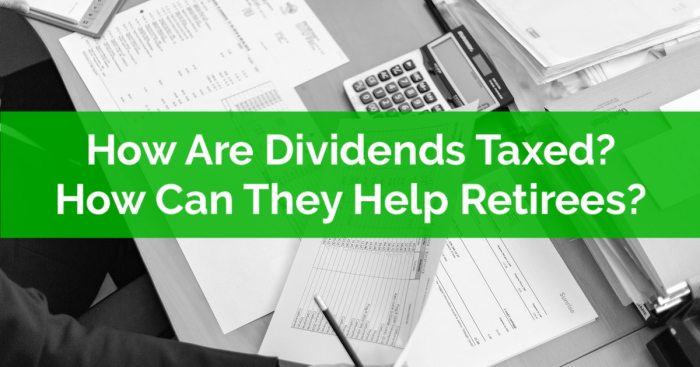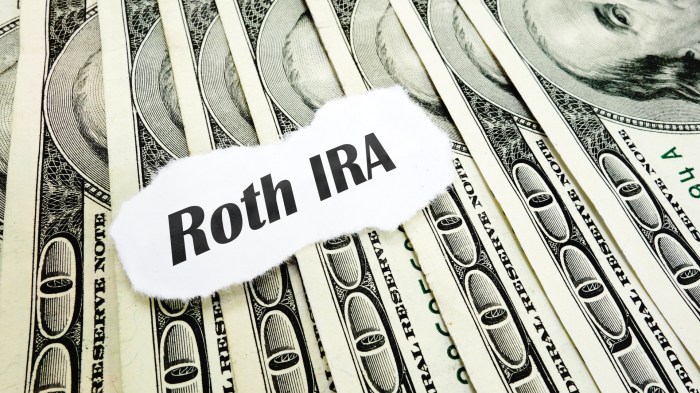Identify a true statement about retirement in the United States sets the stage for this enthralling narrative, offering readers a glimpse into a story that is rich in detail and brimming with originality from the outset.
Retirement, a concept both alluring and daunting, marks a significant transition in life’s journey. In the United States, planning for this pivotal stage involves navigating a complex landscape of financial, healthcare, and lifestyle considerations. This article delves into the intricacies of retirement planning, providing valuable insights and guidance to ensure a secure and fulfilling future.
Retirement in the United States: Identify A True Statement About Retirement In The United States

Retirement in the United States is a complex and multifaceted issue that affects millions of Americans. There are a number of different factors to consider when planning for retirement, including Social Security, retirement savings accounts, health care costs, and lifestyle considerations.
Social Security, Identify a true statement about retirement in the united states
Social Security is a federal program that provides monthly payments to retired workers, disabled individuals, and survivors of deceased workers. It was established in 1935 as part of the New Deal and has since become one of the most important social safety net programs in the United States.
Social Security benefits are calculated based on a worker’s lifetime earnings. The amount of benefits a worker receives depends on their average indexed monthly earnings (AIME). AIME is calculated by taking the worker’s highest 35 years of earnings and adjusting them for inflation.
Social Security benefits are subject to taxation. The amount of taxes that are withheld from benefits depends on the worker’s income and filing status.
Social Security is facing a number of financial challenges. The program’s trust fund is projected to be depleted by 2035. This means that the program will not be able to pay full benefits to retirees unless changes are made.
There are a number of different proposals to address the financial challenges facing Social Security. Some proposals call for increasing the retirement age, while others call for raising taxes or reducing benefits.
Retirement Savings Accounts
Retirement savings accounts are a type of investment account that is designed to help people save for retirement. There are a number of different types of retirement savings accounts available, including 401(k) plans, IRAs, and annuities.
401(k) plans are employer-sponsored retirement plans that allow employees to contribute a portion of their paycheck to a tax-advantaged account. Contributions to a 401(k) plan are made on a pre-tax basis, which means that they are not subject to federal income taxes until they are withdrawn.
IRAs are individual retirement accounts that are not sponsored by an employer. Anyone can open an IRA, regardless of their employment status. Contributions to an IRA are made on a post-tax basis, which means that they are not subject to federal income taxes until they are withdrawn.
Annuities are insurance contracts that provide a guaranteed stream of income for a period of time. Annuities can be used to provide retirement income, or they can be used to supplement Social Security benefits.
There are a number of factors to consider when choosing a retirement savings account. These factors include the type of account, the investment options available, and the fees associated with the account.
Essential Questionnaire
What is the full retirement age for Social Security?
The full retirement age for Social Security varies depending on your year of birth. For those born in 1960 or later, the full retirement age is 67.
What are the different types of retirement savings accounts?
There are several types of retirement savings accounts available, including 401(k) plans, IRAs, and annuities. Each type has its own advantages and disadvantages, so it is important to choose the one that is right for your individual circumstances.
What are the major healthcare costs that retirees face?
Retirees face a number of healthcare costs, including Medicare premiums, prescription drug costs, and long-term care expenses. These costs can be significant, so it is important to plan for them in advance.


